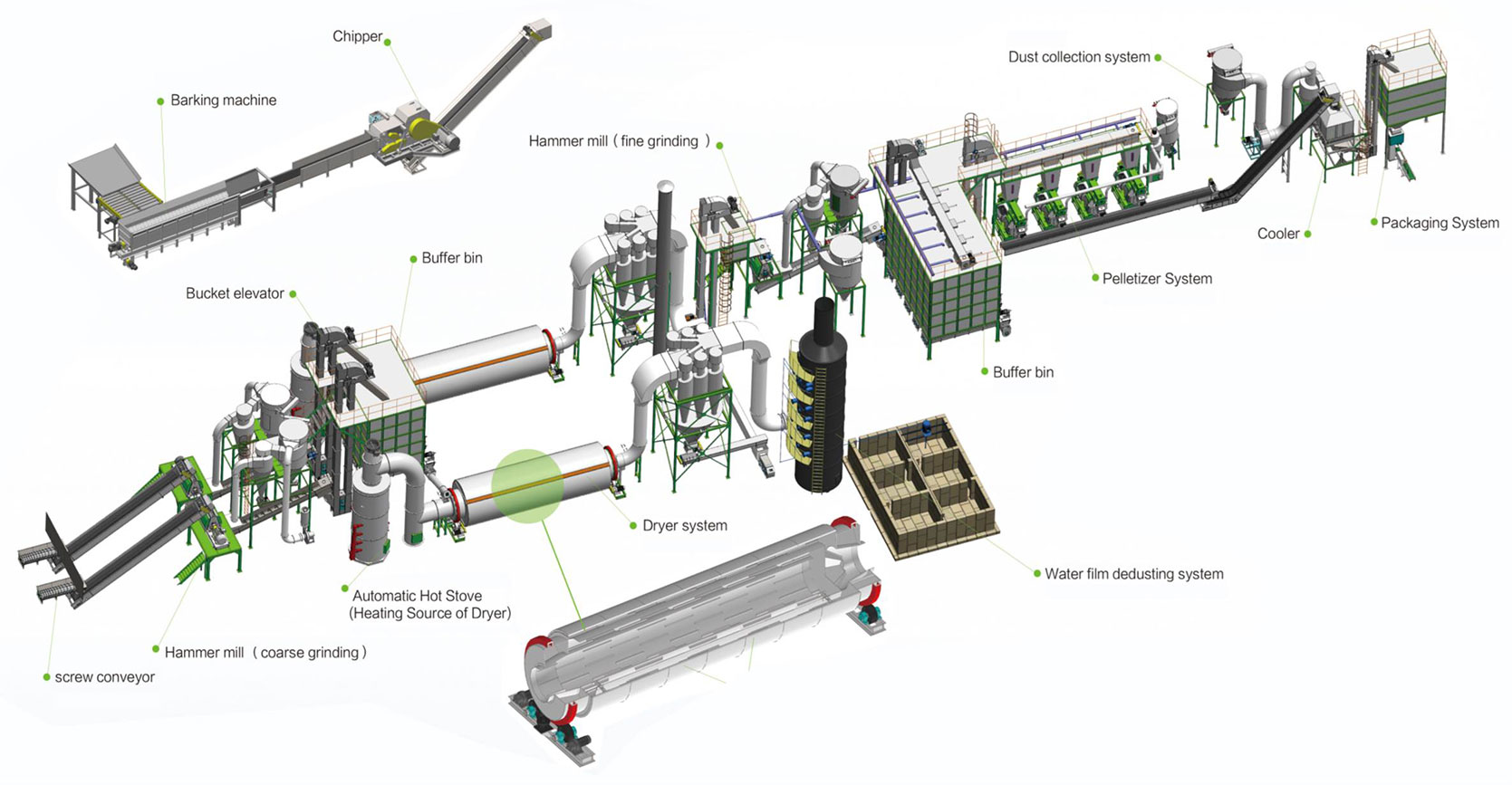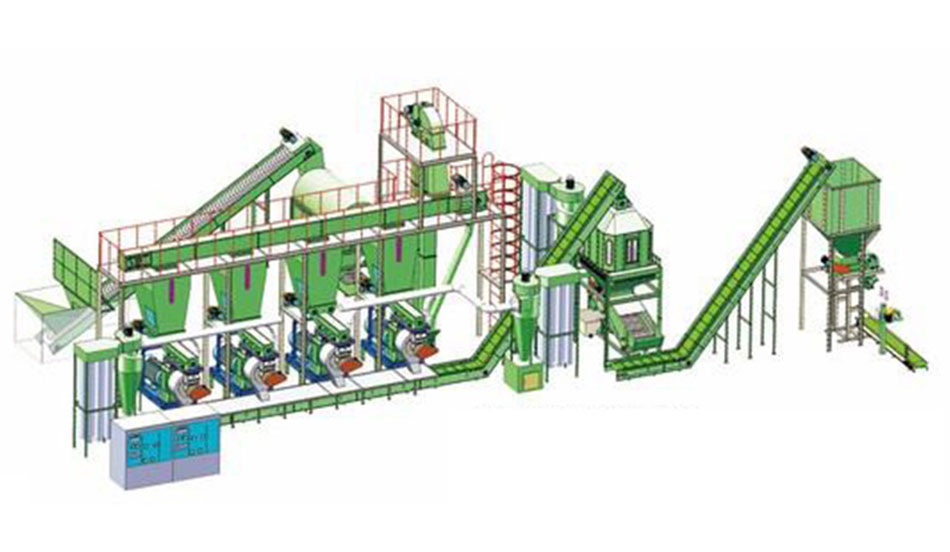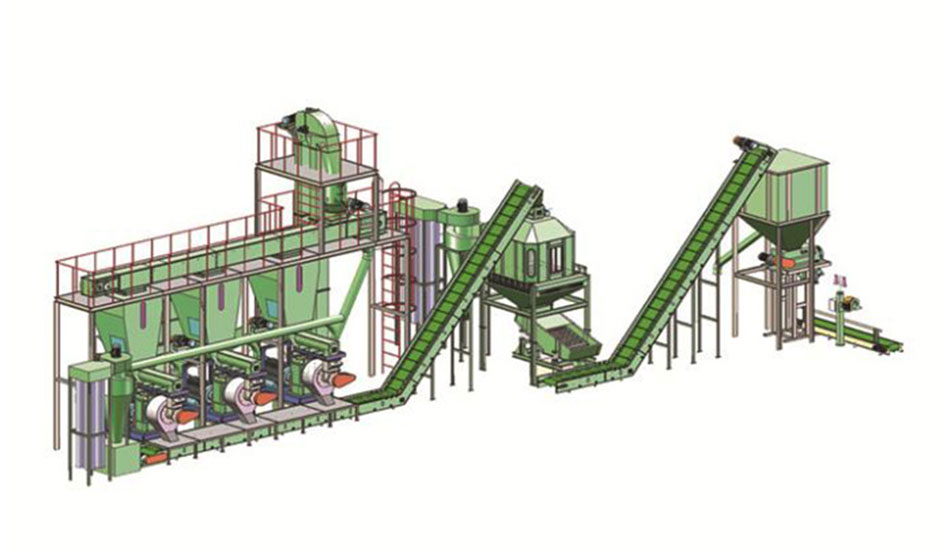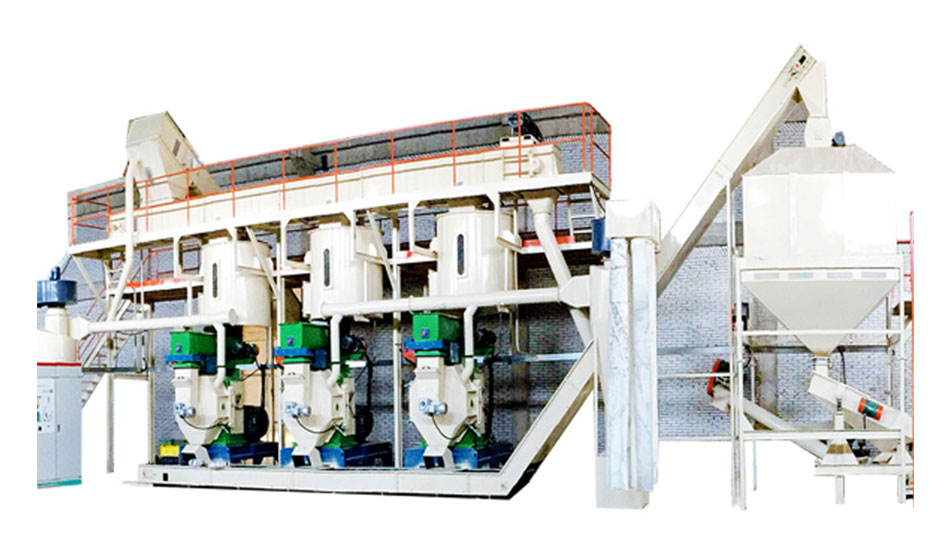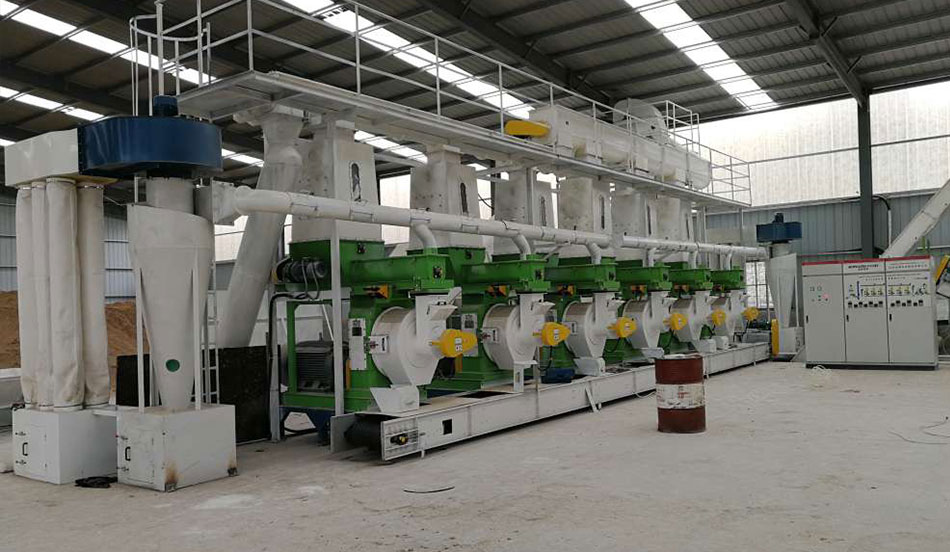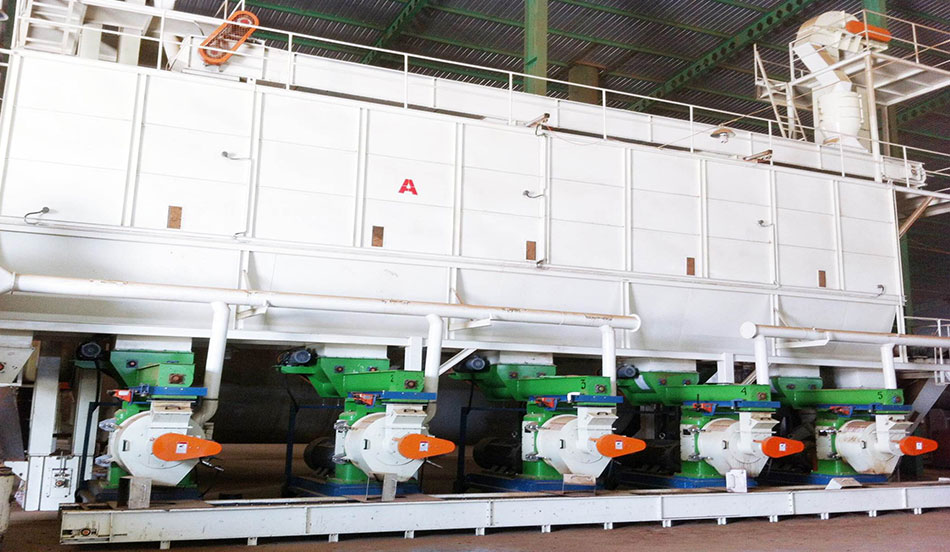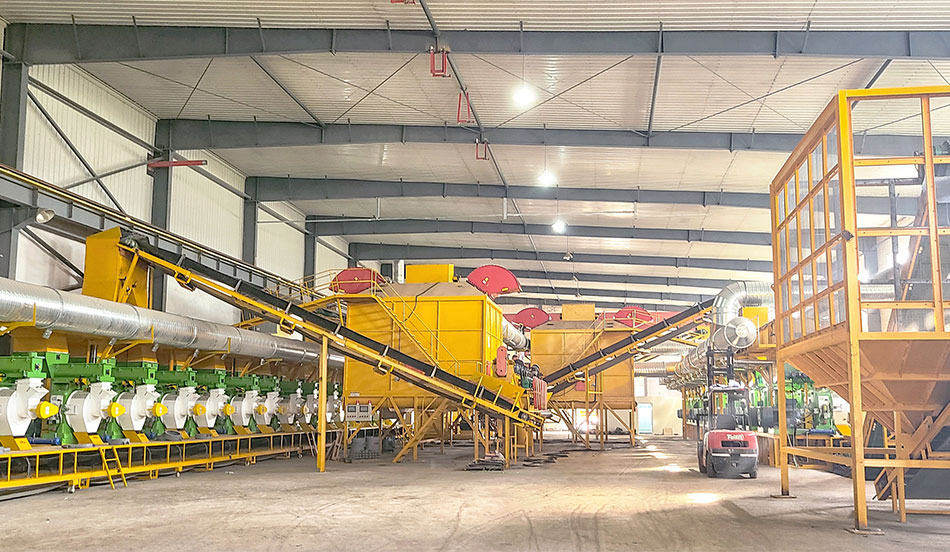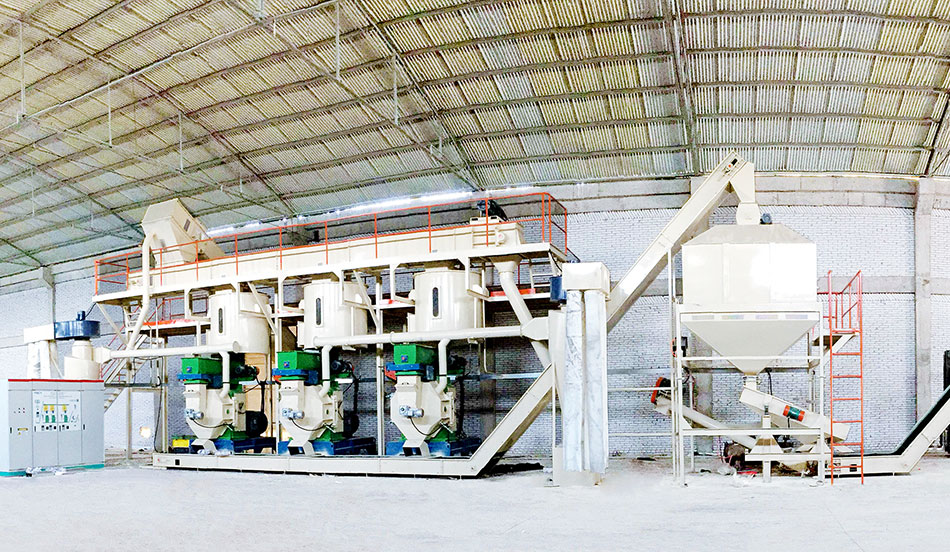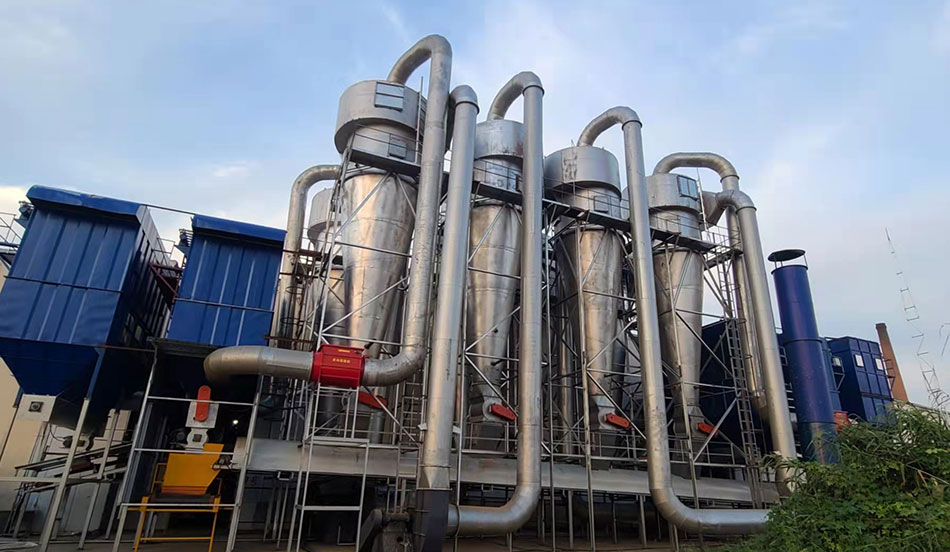
2024.07.26
Industry news
Is the Demand for Biomass Pellets Growing Among Commercial Greenhouses?
2024.07.19
Industry news
Commercial Wood Pellet Mill Expands Global Renewable Energy Solutions
2024.07.12
Industry news
Industrial Wood Pellet Maker Sets New Standards
2024.07.05
Industry news
Why Choose the Kingwood Wood Pellet Machine for Your Manufacturing Needs?
2024.07.02
Industry news
How to Use a Hammer Mill Pellet Maker Effectively?
2024.07.02
Industry news
Efficient Straw Briquette Machines for Agricultural Waste
2024.07.02
Industry news
The Advantages of Biofuel Wood Pellets for Industrial and Residential Use
2024.07.02
Industry news
Rice Husk Pellet Making Machine is Optimizing the Pelletization Process

 English
English
 日本語
日本語
 한국어
한국어


